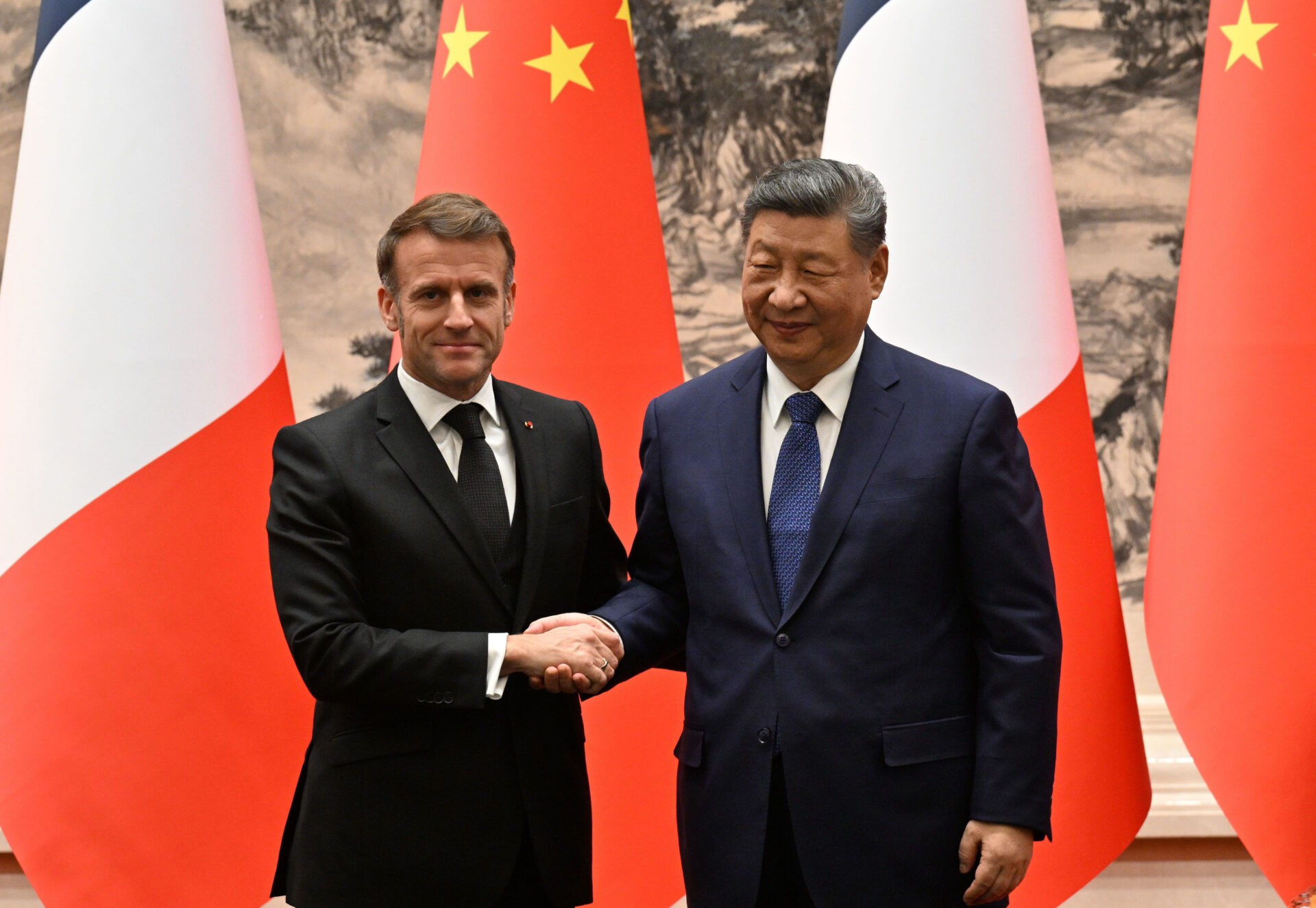PUTIN NOT RED-FACED IN GLORIOUSLY PRAISING RUSSIAN ARMY.
PUTIN NOT RED-FACED IN GLORIOUSLY PRAISING RUSSIAN ARMY.
A day after he promoted a group of top military commanders, Acting President Vladimir Putin continued yesterday to use Russia’s Defender of the Fatherland holiday–officially celebrated today–to woo military personnel and to present himself before Russian voters as a defender of the country’s armed forces. Indeed, his brief visit yesterday to Volgograd, widely covered by the Russian press, took on many of the trappings of a Western-style campaign stop. The city, then called Stalingrad, was the site of one of the Red Army’s greatest World War II victories, and remains for many a symbol of Soviet military prowess. Putin met there with local government officials, ostensibly to discuss ways of addressing the army’s many social problems. But he also used the occasion to praise the army and–apparently–to depict its “victory” in Chechnya as another chapter in Russian military glory. “Recent months have proved that all the talk about our army falling apart and losing preparedness was all blatant lies,” he told the local officials. “We need not blush for our soldiers, officers and generals acting now in Chechnya.”
Putin’s talk in Volgograd on the need to address the army’s social problems contained a good deal more rhetoric than substance, however. He spoke of food shortages, low salaries and a lack of housing and medical services, but had little specific to say on how a “Putin presidency” would deal with these issues. In an odd aside, he appeared to place some blame for continued military housing shortages in the Volgograd region on the World Bank. He complained that while the bank had made loans available for military housing construction in some other Russian regions, it had “refused to work in the Volgograd region, saying that the terms which we had coordinated with the bank in advance had not been fulfilled.” In a bit of politicking which former President Boris Yeltsin would have been proud of, he apparently ordered on the spot that some US$350,000 be given to a local military hospital to cover funding shortages. He apparently offered no insight as to how he intends to fund a more general improvement in living conditions for Russian soldiers while simultaneously meeting earlier commitments to increase spending on arms procurement and research and development.
Indeed, back in Moscow later in the day yesterday, Putin called again for beefing up the Russian armed forces at yet another occasion marking the military holiday–this one a gala at the army’s Central Academic Theater. He also described Russia’s “military might” as the “most important guarantor of peace and quiet” in Chechnya, and said that “to suppress the hotbed of gangsterism [in Chechnya] means to establish security and stability, restore order and defend Russia’s integrity.” Putin also turned to the subject of Russian military reform, but once again spoke only in vague generalities. He suggested that “qualitative changes” are taking place within both the army and the defense industrial sector, and said that military reform would flow from Russia’s recently upgraded military doctrine “while taking into account Russia’s geopolitical position” (AP, Reuters, Russian agencies, February 22).
What that means is anyone’s guess. The new Russian doctrine–which was approved with some fanfare earlier this year by Putin–paints a highly confrontational picture of relations with the West, and outlines an exceptionally wide array of alleged threats to Russia’s security. Given Russian budget constraints, it is unclear how it will serve to guide either Russian defense spending priorities or structural reforms within the armed forces.
To some extent, that may be beside the point. For more than a decade the Soviet and Russian military reform debate has been a contentious and highly politicized exercise. It has set Russia’s various “power structures”–the regular army and various security forces–one against the other, and also led to fierce infighting among service branches within the regular army itself. To make specific policy choices under these circumstances is to make as many enemies as friends. For Putin, who appears to be coasting to a March 26 election victory, it probably makes more sense to stick to general proclamations of support for the army and to avoid taking potentially unpopular policy decisions. All of that can wait until after the election, when he will have to confront the fact that the army’s detractors are correct: the armed forces are falling apart in many regards, readiness and morale remain low, military corruption and barracks brutality are rife, and the army is having trouble retaining many of its best young officers.
TULEEV AND TITOV FACE OFF OVER FEDERAL SYSTEM.


